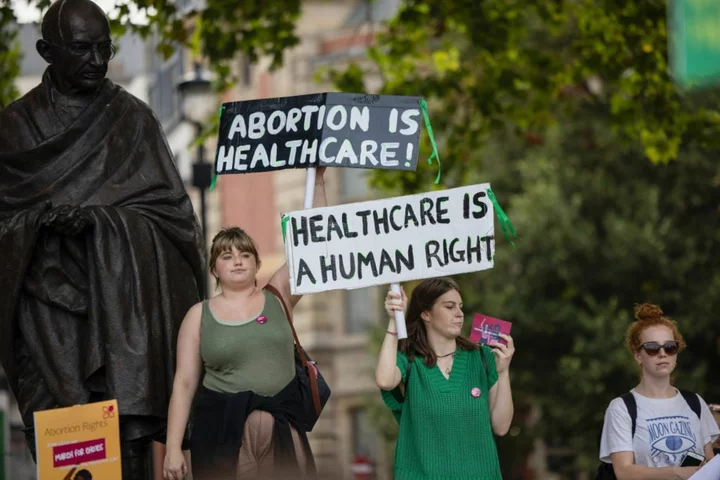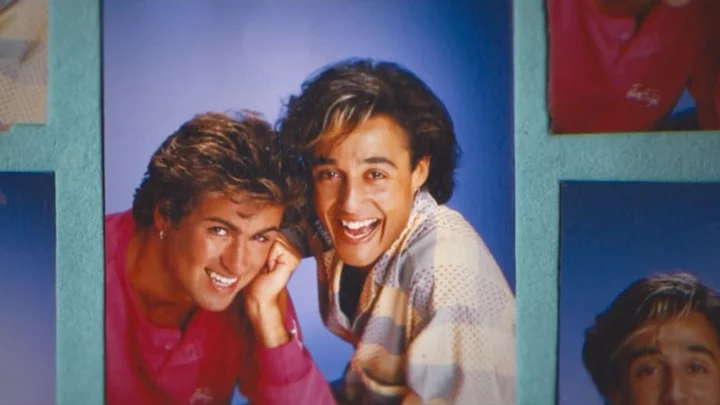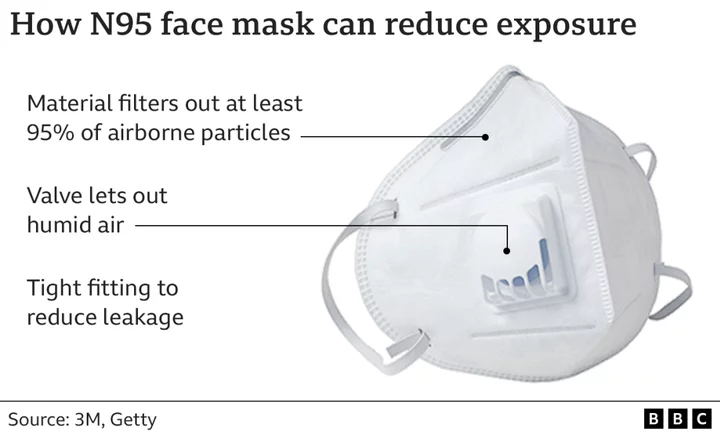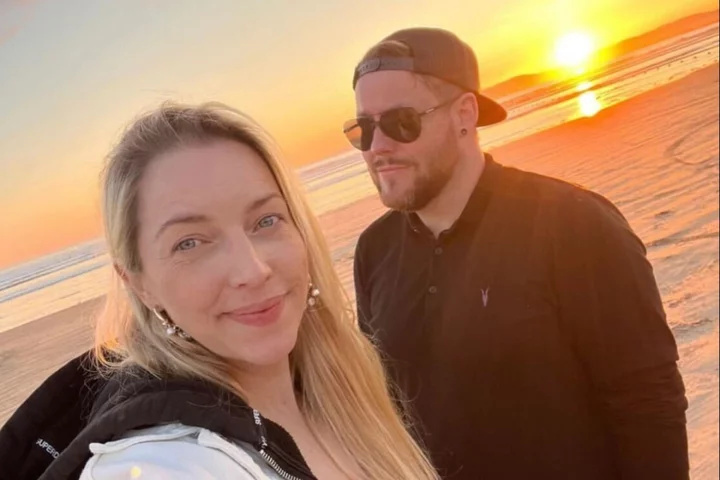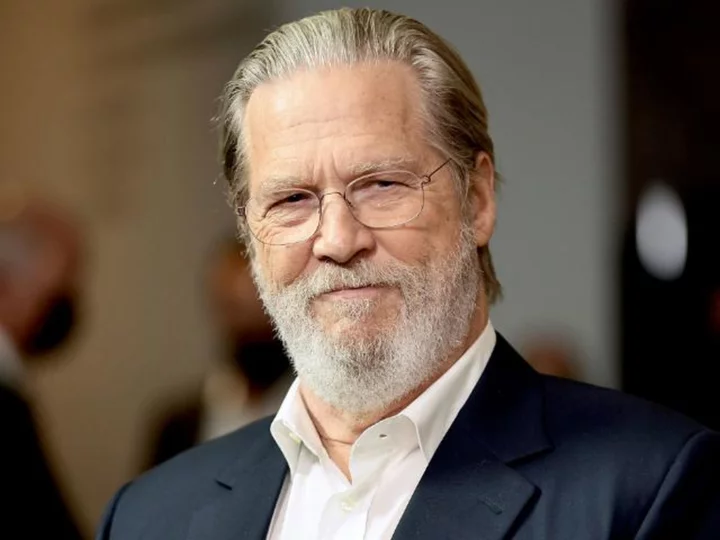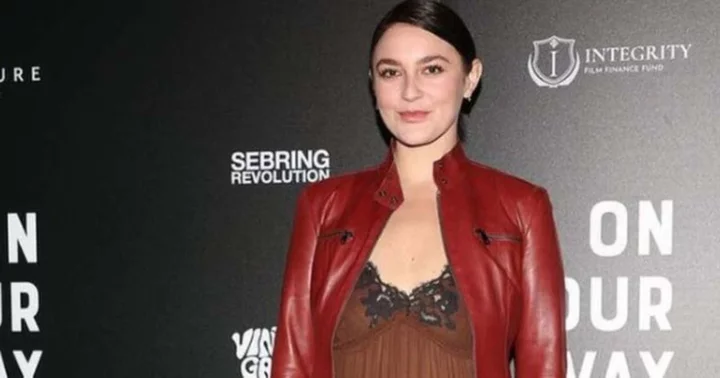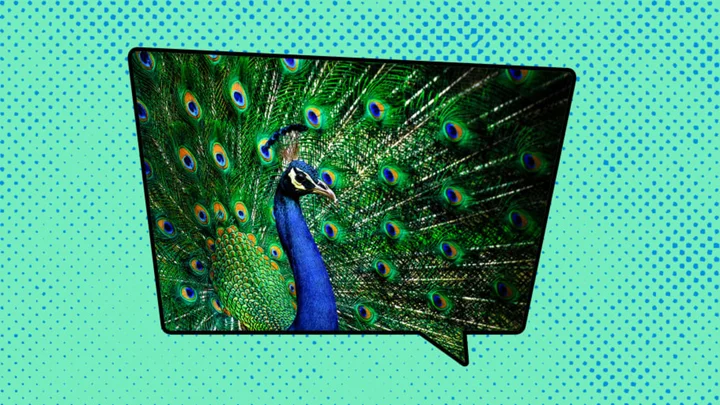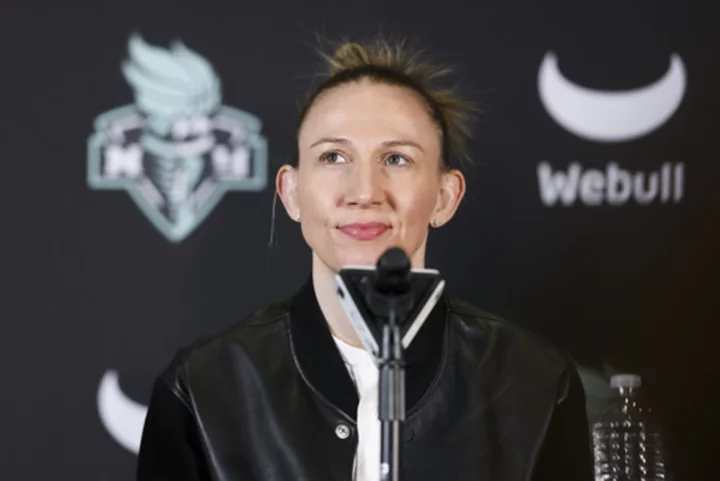Twelve days before the anniversary of the Supreme Court of the United States overturning Roe v. Wade, a British woman was sentenced to 24 months in prison for inducing an abortion after the legal limit. The news has prompted discussion on social media about the importance of decriminalising abortion in the UK, but there’s one group who were entirely unacknowledged in the conversation happening online. Trans people also need access to abortions, so why are we left out?
As the bell has tolled for abortion rights over the last year, some white, cis women have been asking about the language we use when referring to people who need access to reproductive healthcare. These questions aren’t harmless; they’re transphobic. They also feed directly into the hands of lawmakers who are repealing our reproductive rights by distracting us from the main fight: bodily autonomy for everyone. And by everyone, I’m including queer people, intersex people, non-binary, and trans people — all of whom are usually excluded from the conversation around abortion rights.
Silencing trans voices furthers anti-abortion rhetoric
When people talk about reproductive justice, they often talk about abortion access as though cis women are the only people who can get pregnant. Trans, non-binary, and intersex people also need access to abortion. Grayson Schultz, an educator and activist whose day job is helping folks within the LGBTQ+ community navigate the U.S. healthcare system, says that most people aren’t deliberately leaving trans people out of the conversation. "A lot of people are so desperate to have their grief and frustration heard that they don’t care to push pause and see who they’re harming or how they’re playing into other systems of oppression."
Trans, non-binary, and intersex people also need access to abortion.Yet when trans and non-binary people push for more inclusive language, they’re often met with transphobia and bioessentialism, particularly from cis women. Bioessentialism is the philosophy that biology plays a larger role in determining human psychology or development than social, economic or environmental factors — such as the view that all women are women by their possession of wombs, breasts, and child-bearing capacity. Schultz, a queer, disabled transgender man, has had people tell him that asking to be included in these conversations is asking for men to be centred. Others have been told that trans voices aren’t wanted or needed right now, that they’re a distraction from the "real" issue.
Trans and intersex people’s request to be included in this conversation isn’t based in "vanity". Trans and intersex people who can get pregnant face the same issues as cis women when it comes to accessing abortion. In fact, the marginalisation of trans and intersex people means there are more complicating factors. Pregnancy forces people taking testosterone to stop, to literally ‘detransition’ themselves as their life-saving treatment is denied. It would also require going through pregnancy in a transphobic medical system where trans people are misgendered by doctors, denied access to gender affirming healthcare like puberty blockers and hormones, and forced to jump through hoops to "prove" our transness.
SEE ALSO: How to protect your privacy in a post-Roe AmericaTrans, non-binary and intersex people deserve to be able to speak about abortion just as much as cis women do. Gatekeeping abortion as a "women’s only" topic not hurts trans people, but also stops cis men from speaking up — something we need to see more of. Although it’s important to centre the voices of people who can get pregnant, we shouldn’t be the only ones left fighting for our rights. We need the allyship of cis men, because it’s so often cis men who hold power.
Xander Ready, a 36-year-old trans man, points out that silencing trans people only serves the fascist agenda of those trying to ban abortion. "Including trans, nonbinary, and intersex people in this fight isn’t an extra concession to make to some vague ideal of inclusivity, and it isn’t a detriment," says Ready. "Erasing us, making us fight to even be heard, does nothing but deprive you of what we have to offer to this fight."
When cis women tell trans people to be quiet, they’re saying that they don’t care if we don’t have access to abortion as long as they do. Yet some white, cis women aren’t content with silencing trans and intersex people in the conversation: cis women think we are silencing and erasing them.
Women are not being erased
In their anger and fear, it is understandable that not everyone talking about abortion on social media is using the most accurate, inclusive language. Bette Midler’s now deleted tweets about how inclusive language is "stripping women of their rights" were criticised for being transphobic. She’s not alone in raising this topic. From Sonia Sodha in The Guardian to Pamela Paul at The New York Times, there are numerous cis women talking about how the word ‘woman’ has become forbidden and women no longer "count".
The reason why you might be hearing terms like 'people with uteruses,' 'people with the ability to become pregnant' and 'patients' stems from requests by trans, non-binary, and intersex people that we use inclusive language when discussing issues like abortion, pregnancy, and reproductive healthcare. It’s also not just trans, non-binary and intersex people who this inclusive wording benefits – not every cis woman has the capacity to get pregnant. Nor is everyone who gets pregnant legally an adult — in the U.S. there were 15.4 births per 1,000 cis girls in 2020 — so using the term "woman" wouldn't be accurate either.
SEE ALSO: Abortion fund networks endure in fight against restricted accessBecause more inclusive language is being more commonly used, some cis women are claiming that they are being excluded from these conversations. The reality is that cis women have always been centred in these conversations. They are mistaking the inclusion of trans, non-binary, and intersex people as oppression. Also, phrases like ‘pregnant people’ are inclusive of women, because women are people.
And the inconvenienced cis women’s anger is misdirected. The term ‘transmisogyny’ was coined in 2017 by Julia Serano in her book Whipping Girl to describe the intersection of transphobia and misogyny as experienced by trans women and trans feminine people. The transmisogyny we see from cis women blaming trans women for the gender neutral language being used to discuss abortion really shows how important it is to talk about intersections of oppression. Intentionally or not, they are perpetuating misogyny.
SEE ALSO: 'Kokomo City' trailer is a groundbreaking portrait of Black trans sex workersIt is understandable why white, cis women – many of whom may not have had to face the same threat to their existence as more marginalised people – have reacted to the end of Roe by claiming that they’re no longer allowed to say the word ‘woman’. They’re scared. However, their fear is grossly misplaced. Schultz explains that no one is asking cis women to stop calling themselves women. Trans people are merely asking for inclusive language so we don’t ignore the people who will be most impacted by this legislation.
"We're seeing many people engage in cis fragility or getting into a frenzy over including trans and nonbinary folks," Schultz says. "The reality is that a ton of folks who can give birth are trans men, trans masculine, non–binary, intersex Two Spirit, and more. Sex itself is not binary, but a spectrum too. Erasing these folks not only plays into outdated and harmful gender stereotypes and the binary – it also is an act of white supremacy and colonialism." (‘Two Spirit’ is a term used by some North American Indigenous people for a ‘third gender’ social and ceremonial role in their cultures.) The binary of biological sex was imposed by 19th century white European scientists measuring genitals to try and prove that they were the most "highly evolved", and has been enforced through the assimilation and annihilation of Black, Indigenous and other people of colour and their cultures for centuries.
Trans people are not taking away your rights but fighting alongside you
It is often women with the most privilege who seem to struggle to realise that they are not the only ones fighting for bodily autonomy. Loni, the lead organiser of NYC-based reproductive justice organisation Fill the Gap Project, explains that it is "Black women, women of color, queer, trans, and nonbinary people, disabled people, poor people, and (im)migrants [who] are going to experience irreparable harm as a result of this decision." They are frustrated by how the conversations and calls for action around abortion rights still "perpetuate the myth that the majority of abortion patients are white, cis, non-disabled women who are college educated, middle to upper class, and U.S. citizens."
Trans women cannot get pregnant, but they still show up at abortion protests and speak out for abortion rights, in a way that many cis women are notably absent from the fight for trans rights. The systems of oppression that they are fighting against are the same as the systems that people who can get pregnant are fighting: ableism, white supremacy, the cisheteropatriarchy. And, as Ready says: “the right to transition is intricately tied to the right to reproductive autonomy. Both are expressions of bodily autonomy, and both are a threat to the patriarchal systems on which our society is built.”
Trans women cannot get pregnant, but they still show up at abortion protests and speak out for abortion rights, in a way that many cis women are notably absent from the fight for trans rights.Rodrigo Heng-Lehtinen, the executive director for the National Center for Transgender Equality, stresses the link between the roll back of abortion rights and transgender healthcare. "These coordinated attacks on healthcare, whether targeting abortion or gender-affirming care, are politically motivated efforts to strip all of us of our bodily autonomy." The NCTE is mobilizing at the local, state and federal level, speaking to lawmakers about the impact a reversal could have for the transgender community. They are also calling on the Senate to pass the Equality Act, a bill that would expand protections for the LGBTQ community.
There are other organisations who recognise that the fights for abortion rights and trans rights are linked. We Testify’s work focuses specifically on abortion, but they have been sounding the alarm that it’s not just cis women who will be impacted. Hey Jane, who offer a virtual clinic model for medication abortion, have too. On their website, the National LGBTQ Taskforce emphasises how our hard won legal rights as queer and trans people have always been intertwined with reproductive rights: "Our ability to live our lives fully and to not be discriminated against are dependent on each other’s mutual progress. We also have the same opposition. Controlling sexuality and gender expression usually share an agenda with controlling reproductive choices."
SEE ALSO: Roe reversal is impacting how people are datingWe need to pay attention to the intersectionality of the struggle – and that means some white, cis women need to listen and reflect on their privilege rather than claiming to be silenced. Loni is clear about the impact of only allowing women with privilege to speak about abortion: "Every second that we spend centering those who need to be decentered, is an admission by the movement that we care as much about BIPOC, LGBTQ+ folks, disabled people, poor people, and immigrants as much as the Supreme Court does. We’re saying that those people do not matter to us either — that the right hates them and so do we."
These attacks on abortion rights, on LGBTQ rights, on the few rights disabled people have, didn’t start with Trump’s election. Schultz says that our current struggle "goes back to slavery and further — to the beginnings of colonialism, the erasure of Indigenous cultures, and the ways that religion and politics have been used to create hierarchies of power."
The fight for reproductive justice and trans rights is the same struggle, and we can’t win until we acknowledge that. So listen to trans people, to people of colour, to queer people, to disabled people, because without including their voices then we might as well give up the fight now.

